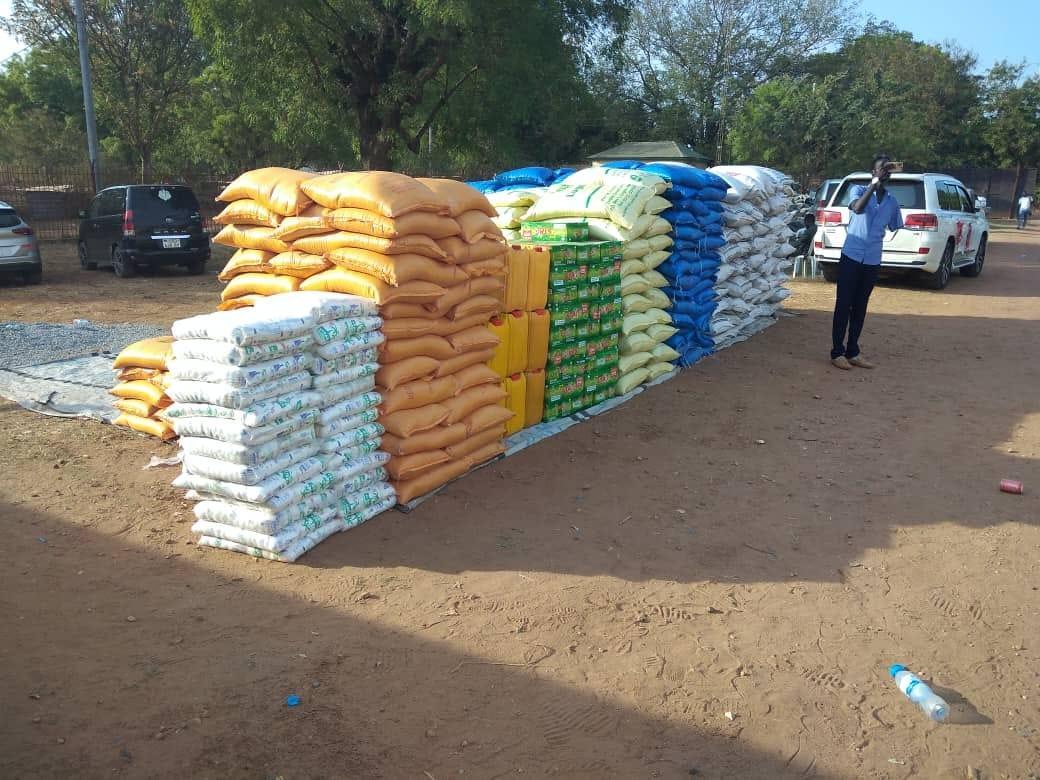Africa-Press – South-Sudan. UNICEF and partners call for action against increased food insecurity in South Sudan which is reportedly putting the lives of 3.1 million children at risk across the country.
The children’s agency and partners are urging donors to ensure that the food security crisis does not threaten the lives and protection of girls and boys.
According to the agencies, children are the most vulnerable group and are at higher risk of various negative coping mechanisms to meet their food needs.
The humanitarian community, donors, and government gathered in Juba this week to address the grave effects of South Sudan’s hunger crisis on children’s protection.
In a joint press statement, FAO, UNICEF, the South Sudan Food Security and Livelihood Cluster, and South Sudan Child Protection Area of Responsibility said girls, in particular, face multiple risks during food crises.
They added that adolescent girls of working age also face higher barriers to accessing livelihood opportunities and lifesaving and protective services.
“Food security is essential for children’s development. It makes the difference between helping them thrive in the future or pushing them towards harmful coping mechanisms to survive,” said Jean-Loic Guieze, Food Security and Livelihoods Cluster Coordinator, led by WFP and FAO.
“Children deserve to grow up in a healthy and safe environment where they can focus on their education and being children instead of having to worry about what they will eat next.”
The groups emphasized that the food security situation in the country continues to deteriorate, with almost 8 million people food insecure.
They further said that child protection proponents are bracing for another year of rises in child protection cases, including cases of sexual and gender-based violence, child Labour, and unaccompanied and separated children.
“It is imperative to highlight that the multiple crises in South Sudan are a child protection crisis. Conflict, economic, climate-induced shocks and displacement and particularly food insecurity increase the risk and vulnerability for sexual and gender-based violence, child marriage, abductions, and mental health issues,” said Obia Achieng, the Deputy Representative of UNICEF South Sudan.
For More News And Analysis About South-Sudan Follow Africa-Press






